Stem Cell Therapy for Autism in India: A Family's Guide to Costs, Risks & Efficacy
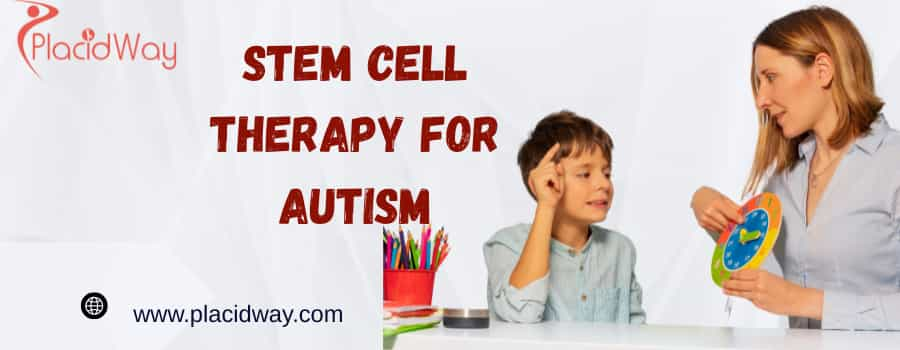
Is stem cell therapy a viable treatment for autism in India? This is a question many families are asking as they search for effective interventions. The short answer is that stem cell therapy for autism in India is currently considered an experimental treatment and is not yet a proven or government-approved therapy. While some clinics offer it and anecdotal reports suggest potential improvements, the scientific evidence supporting its effectiveness is still limited. This blog post will delve into the key questions surrounding stem cell therapy for autism in India, providing a comprehensive overview to help you make an informed decision.
Stem cell therapy for autism is a topic of growing interest, but it's crucial to approach it with a clear understanding of the current medical and regulatory landscape in India. We'll explore how the therapy is thought to work, what the procedure entails, the associated costs and risks, and what the official guidelines say. Our goal is to provide you with a balanced and realistic perspective on this developing area of medical science.
What is Stem Cell Therapy and How Might it Help Autism?
"Stem cell therapy for autism is a medical procedure that introduces new stem cells into a patient's body with the goal of repairing or replacing damaged cells. In the context of autism, the theory is that these new cells may help to reduce inflammation, modulate the immune system, and improve neural connectivity in the brain."
Stem cells are the body's raw materials — cells from which all other cells with specialized functions are generated. In stem cell therapy, these cells are administered to a patient, often intravenously. The primary types of stem cells used in research for autism are mesenchymal stem cells (MSCs), which can be sourced from bone marrow, adipose (fat) tissue, or umbilical cord tissue.
The thinking behind using stem cell therapy for autism is based on the idea that autism may involve immune system dysregulation and neuro-inflammation. Proponents of the therapy suggest that stem cells, with their anti-inflammatory and regenerative properties, could potentially address these underlying issues. It's hypothesized that they may help to repair damaged brain tissue and improve the function of neural networks, which could lead to improvements in some of the core characteristics of autism.
Is Stem Cell Therapy for Autism Approved in India?
"No, stem cell therapy for autism is not officially approved by the primary regulatory bodies in India, such as the Indian Council of Medical Research (ICMR). It is considered an experimental therapy and is not part of the standard of care for autism in the country."
The National Guidelines for Stem Cell Research (NGSCR) in India are very clear on this matter. These guidelines, most recently updated, state that any use of stem cells for therapeutic purposes must be conducted within the framework of a clinical trial and requires approval from the Central Drugs Standard Control Organization (CDSCO).
This means that clinics offering stem cell therapy for autism are doing so on an experimental basis. While some of these clinics may have their own internal ethics committees, the treatment itself has not been validated through large-scale, controlled clinical trials in India. Therefore, it's crucial for families to be aware of its experimental status when considering this option.
What is the Reported Success Rate of Stem Cell Therapy for Autism in India?
"The success rate of stem cell therapy for autism in India is not definitively established due to the lack of large, long-term, and peer-reviewed clinical studies. While some clinics and patient testimonials report improvements in areas like communication, social interaction, and behavior, these claims are not yet substantiated by robust scientific evidence."
It's important to approach claims of high success rates with caution. The reported outcomes can vary significantly from one individual to another. Some studies and anecdotal reports have suggested potential benefits, including:
-
Improved eye contact and social engagement
-
Enhanced speech and communication skills
-
Reduced hyperactivity and repetitive behaviors
-
Better emotional regulation and fewer meltdowns
However, these improvements are not universal, and the extent of any change can be influenced by factors such as the child's age, the severity of their autism, and the type and quality of the stem cells used. Without controlled studies, it is difficult to determine if these improvements are a direct result of the stem cell therapy or other coincidental factors and therapies.
What is the Cost of Stem Cell Therapy for Autism in India?
"The cost of stem cell therapy for autism in India can range from ?3,00,000 to ?8,00,000 or more, depending on the clinic, the number of sessions required, and the specific protocol being followed."
This cost typically includes the harvesting of the stem cells (if autologous), their processing and administration, and any associated medical consultations. It's important to note that since this is an experimental therapy, it is not usually covered by health insurance in India. Families considering this treatment will likely have to bear the full cost out-of-pocket.
When evaluating the cost, it's essential to get a detailed breakdown of what is included in the treatment package. Be wary of clinics that make grand promises without providing clear and transparent pricing.
What Does the Stem Cell Therapy Procedure for Autism Involve?
"The procedure for stem cell therapy for autism typically involves the collection of stem cells, either from the patient (autologous) or a donor (allogeneic), followed by their administration back into the patient, usually through an intravenous (IV) infusion."
The process can be broken down into the following steps:
-
Consultation and Evaluation: A thorough medical evaluation of the individual with autism is conducted to determine if they are a suitable candidate for the therapy. This may involve blood tests, and a review of their medical history.
-
Stem Cell Collection: If autologous stem cells are used, they are typically harvested from the patient's own bone marrow or adipose tissue. This is a minor surgical procedure that may require local or general anesthesia. If umbilical cord-derived stem cells are used, they are sourced from a screened and approved donor.
-
Stem Cell Processing: The collected stem cells are processed and concentrated in a laboratory to ensure their purity and viability.
-
Administration: The prepared stem cells are then administered to the patient. The most common method is through a simple intravenous infusion, similar to a regular IV drip. The procedure itself is usually painless and takes a few hours.
-
Follow-up: After the therapy, the patient is monitored for any immediate side effects, and follow-up appointments are scheduled to track their progress over the following months.
What are the Risks and Potential Side Effects of Stem Cell Therapy for Autism?
"The risks associated with stem cell therapy for autism include infection, allergic reactions, and the potential for the administered cells to behave in unexpected ways. Since it is an experimental treatment, the long-term side effects are not yet fully understood."
While many clinics in India that offer this therapy claim it is safe, it's crucial to be aware of the potential risks, which can include:
-
Infection: As with any procedure that involves injections or a minor surgical procedure for cell harvesting, there is a risk of infection.
-
Allergic Reactions: The body may have an allergic reaction to the substances used in the infusion.
-
Immune Reactions: If donor cells are used, there is a risk of the patient's immune system rejecting the foreign cells.
-
Tumor Formation: While rare, there is a theoretical risk that stem cells could form tumors.
-
Lack of Efficacy: There is a significant possibility that the treatment may not result in any noticeable improvements.
Given that the long-term effects are still being studied, it is vital to have a detailed discussion with the medical team about all potential risks before proceeding.
Are There Reputable Clinics for Stem Cell Therapy for Autism in India?
"While there are several clinics in major Indian cities that offer stem cell therapy for autism, it is critical to exercise extreme caution and conduct thorough research before choosing a provider. Look for clinics that are transparent about the experimental nature of the treatment, have qualified medical professionals, and adhere to ethical guidelines."
When researching clinics, consider the following:
-
Credentials of the Medical Team: Ensure the doctors and scientists involved have the necessary qualifications and experience in stem cell research and regenerative medicine.
-
Transparency: The clinic should be open about the fact that this is an experimental therapy and should not make unrealistic promises of a "cure."
-
Patient Reviews and Testimonials: While not a substitute for scientific evidence, reviews from other families can provide some insight into their experiences with the clinic.
-
Adherence to Guidelines: Inquire about the clinic's adherence to the National Guidelines for Stem Cell Research.
What are the Alternatives to Stem Cell Therapy for Autism in India?
"There are several evidence-based and widely accepted treatments for autism in India that can significantly improve an individual's quality of life. These include Applied Behavior Analysis (ABA) therapy, speech therapy, occupational therapy, and special education programs."
These established therapies have a strong evidence base and are considered the standard of care for autism.
-
Applied Behavior Analysis (ABA): A structured therapy that focuses on improving specific behaviors, such as social skills, communication, and academics.
-
Speech Therapy: Helps individuals with autism to improve their verbal and non-verbal communication skills.
-
Occupational Therapy: Focuses on helping individuals with autism develop the skills needed for daily living.
-
Special Education: Tailored educational programs designed to meet the unique learning needs of children with autism.
These therapies are often used in combination to create a comprehensive and individualized treatment plan.
Ready to explore your healthcare options? PlacidWay can help you connect with a global network of accredited hospitals and clinics. Discover personalized and affordable medical solutions for your needs. Explore PlacidWay Today!
?

.png)

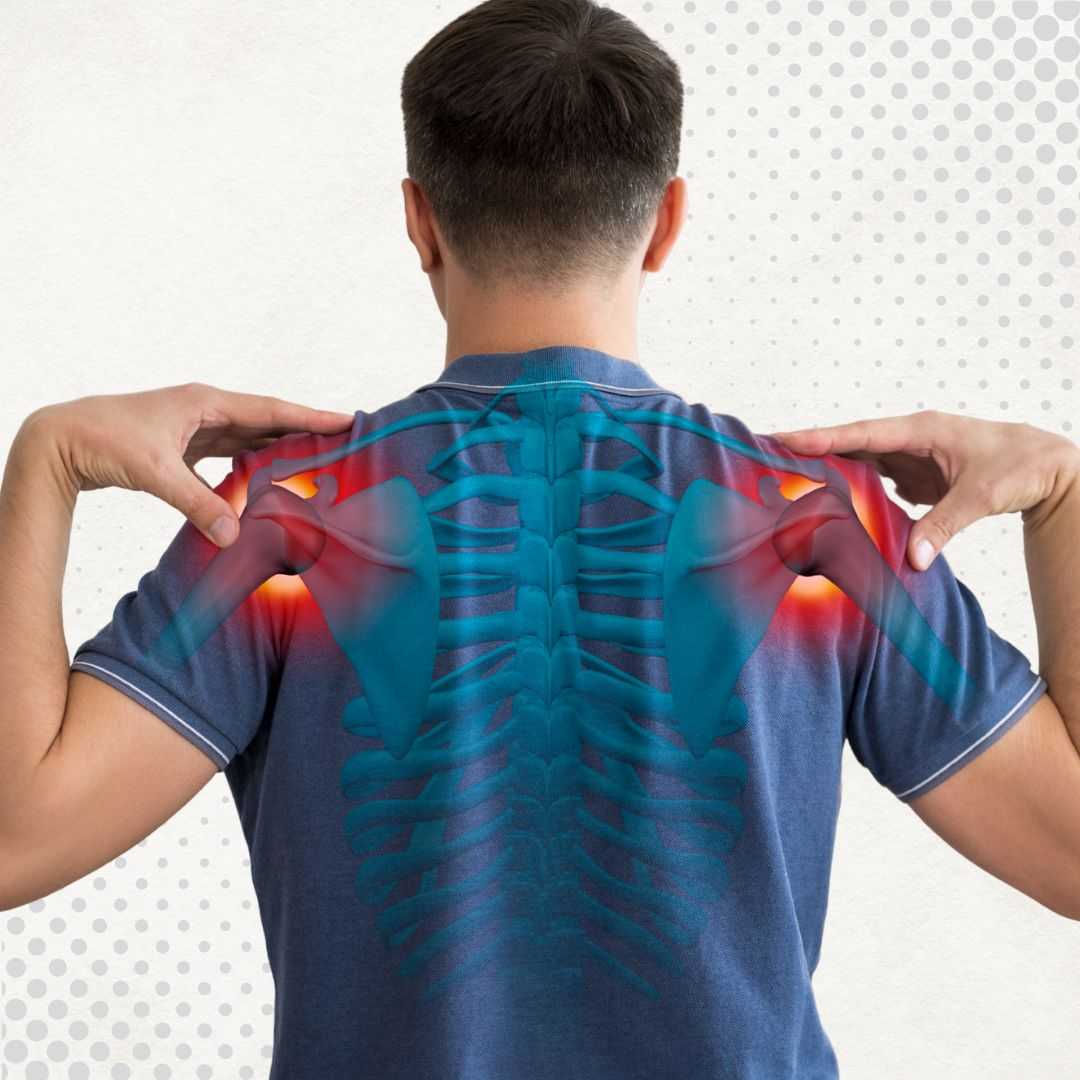



.png)
.png)
.png)
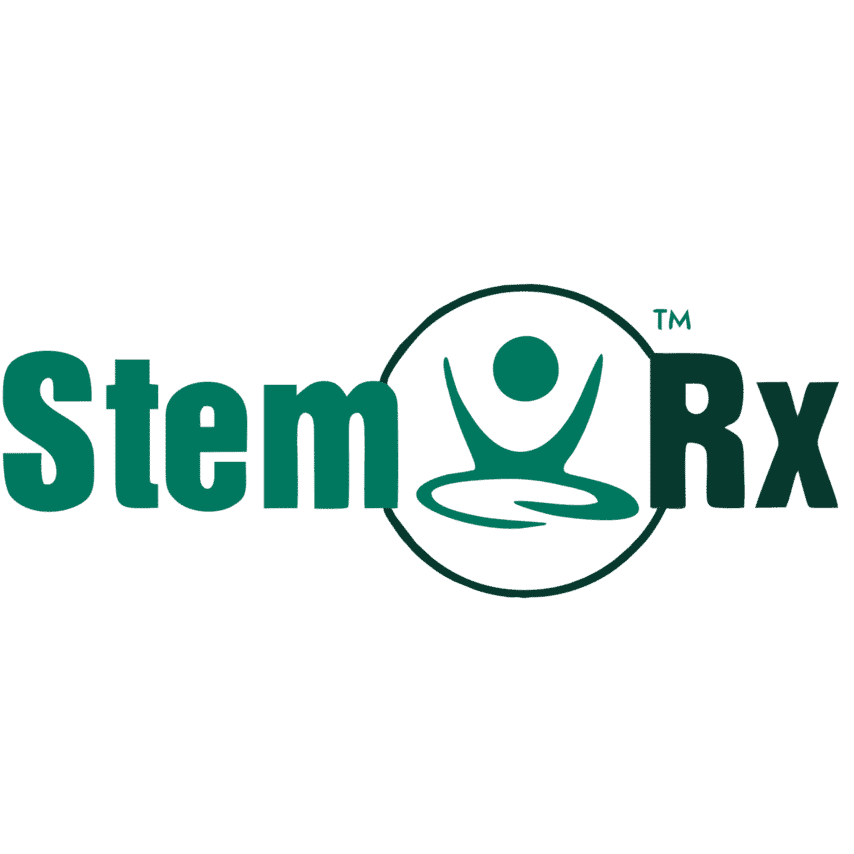
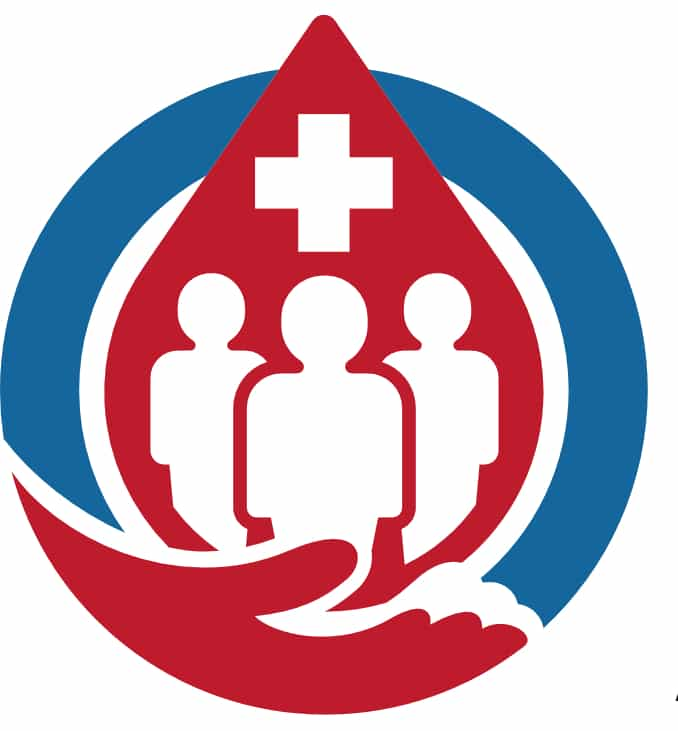
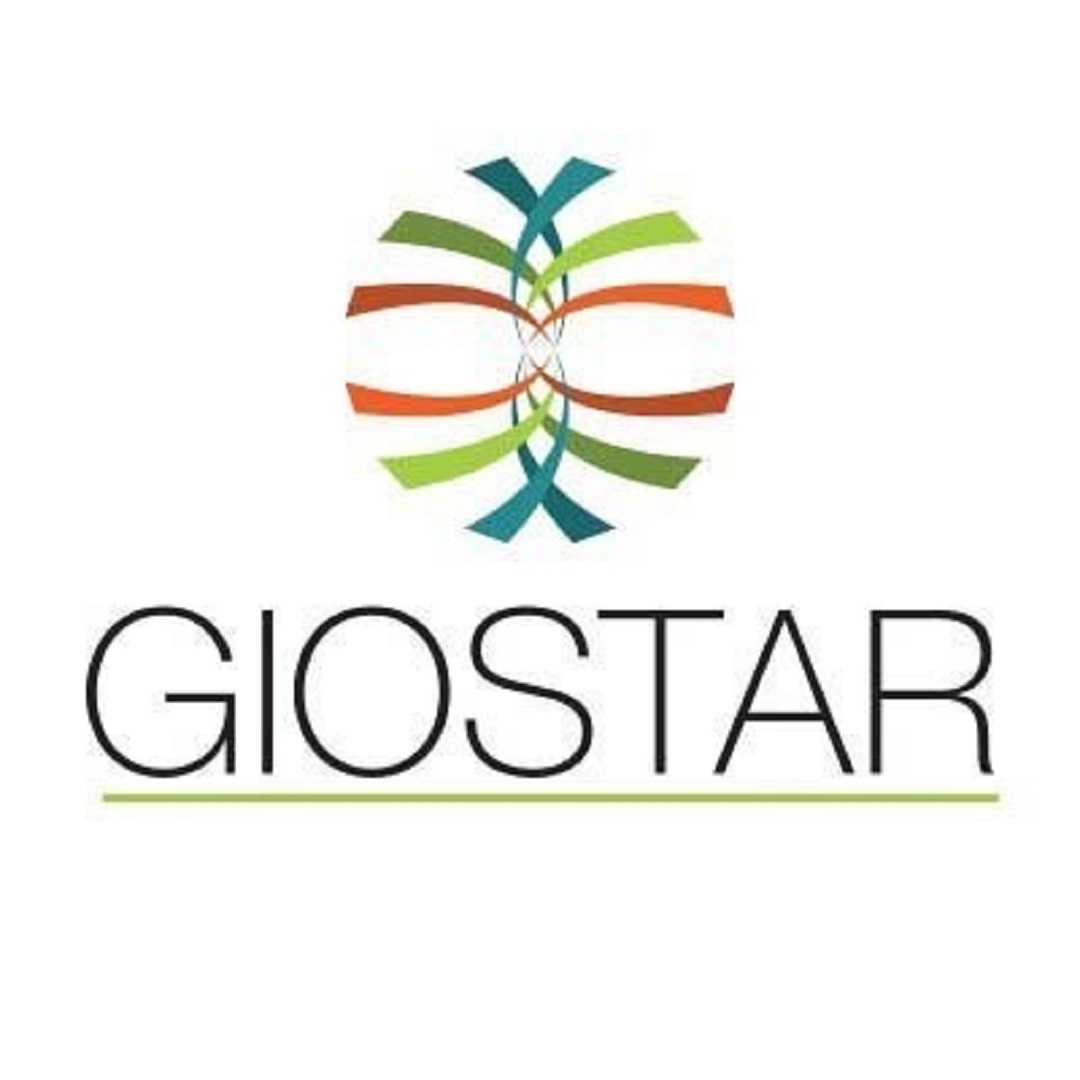
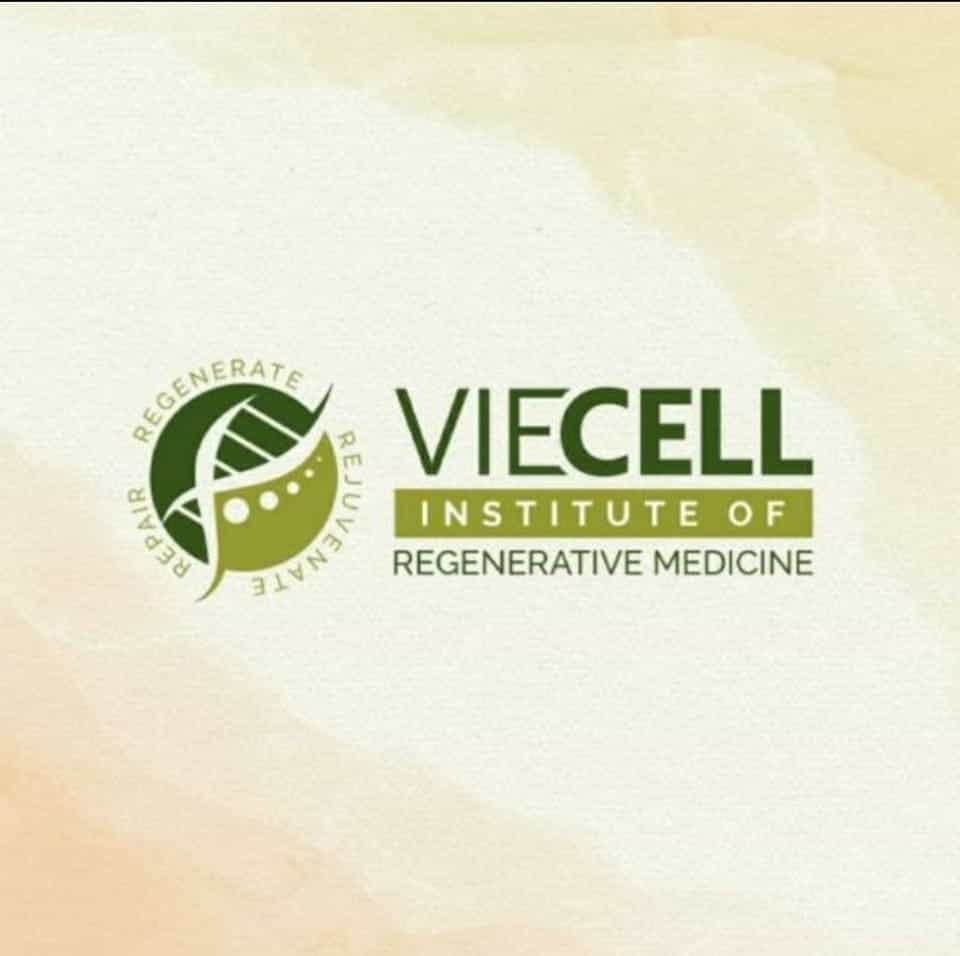
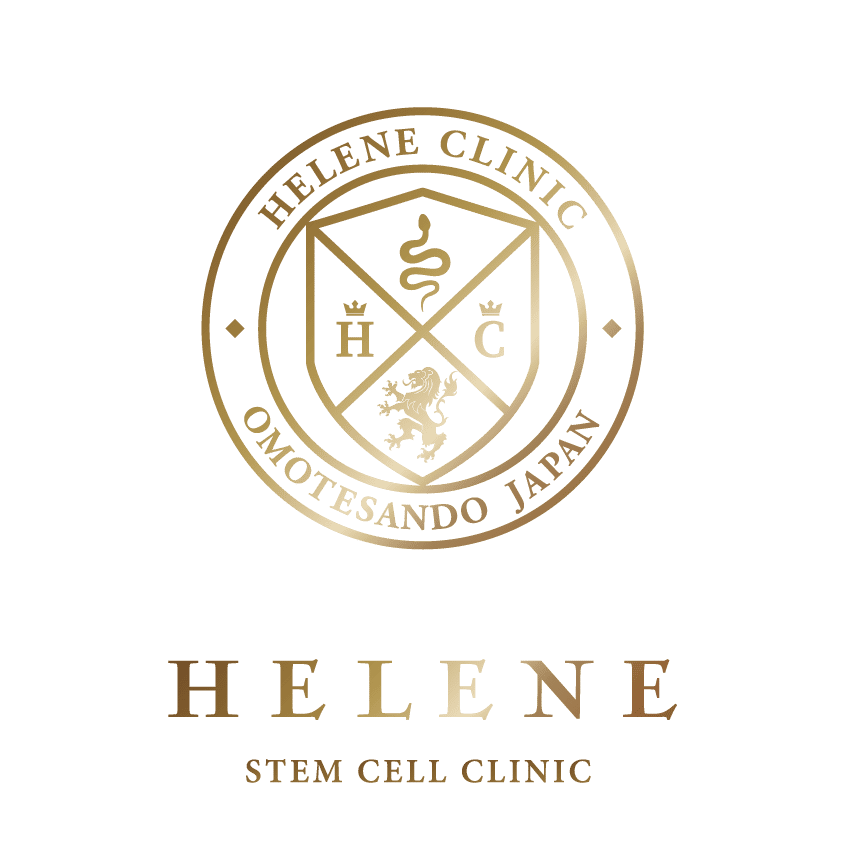

Share this listing